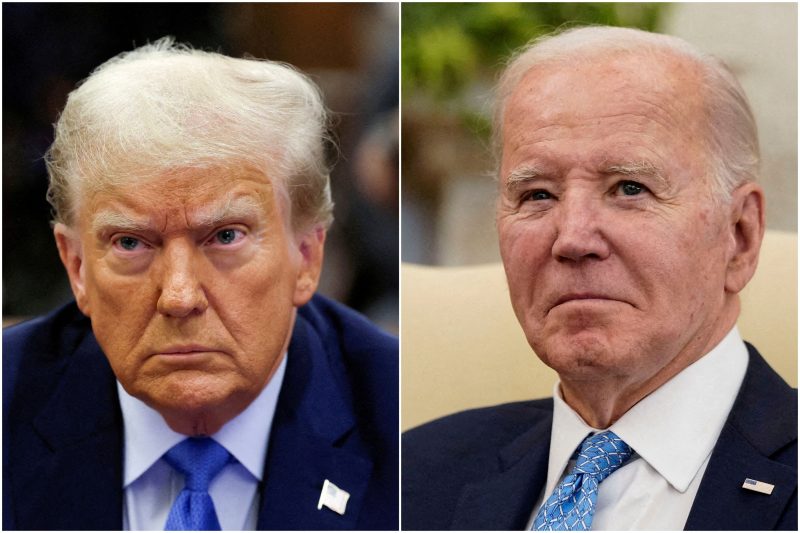In recent political discourse, President Joe Biden’s statement on the upcoming 2024 electoral race being binary has sparked considerable discussion among politicians and the general public. While the President’s view may suggest a two-party dominance in American politics, the reality is far more nuanced and complex.
First and foremost, the notion of a binary race assumes that only the Republican and Democratic parties hold significant sway in American politics. However, the political landscape is evolving, with independent candidates and third parties gaining traction in recent years. This diversification challenges the traditional binary framework and offers voters alternative choices beyond the two major parties.
Furthermore, the idea of a binary race overlooks the diverse range of ideologies and perspectives present within both the Republican and Democratic parties. Not all Republicans hold identical beliefs, nor do all Democrats. The internal divisions within each party complicate the notion of a clear-cut binary race and highlight the multifaceted nature of American politics.
Moreover, the increasing polarization within American society has led to heightened partisanship and tribalism, where voters may feel pressured to align themselves strictly with one party or the other. This dynamic can create the perception of a binary race, fueled by intense loyalty to one’s chosen political tribe.
However, millions of Americans do not adhere to this binary view of the political landscape. Independent voters, in particular, reject the notion of being limited to only two choices and seek candidates who align more closely with their individual values and beliefs. This growing segment of the electorate underscores the diversity and complexity of political preferences in the United States.
In conclusion, while President Biden’s characterization of the 2024 race as binary may reflect a traditional understanding of American politics, the reality is far more nuanced and multifaceted. The political landscape is evolving, with alternative parties gaining ground, internal divisions within major parties, and an increasingly diverse electorate. As the country approaches the next election cycle, it is essential to recognize and embrace this complexity, rather than reducing it to a simplistic binary choice. By acknowledging the diversity of political opinions and voices in the United States, we can foster a more inclusive and representative democratic process.



























